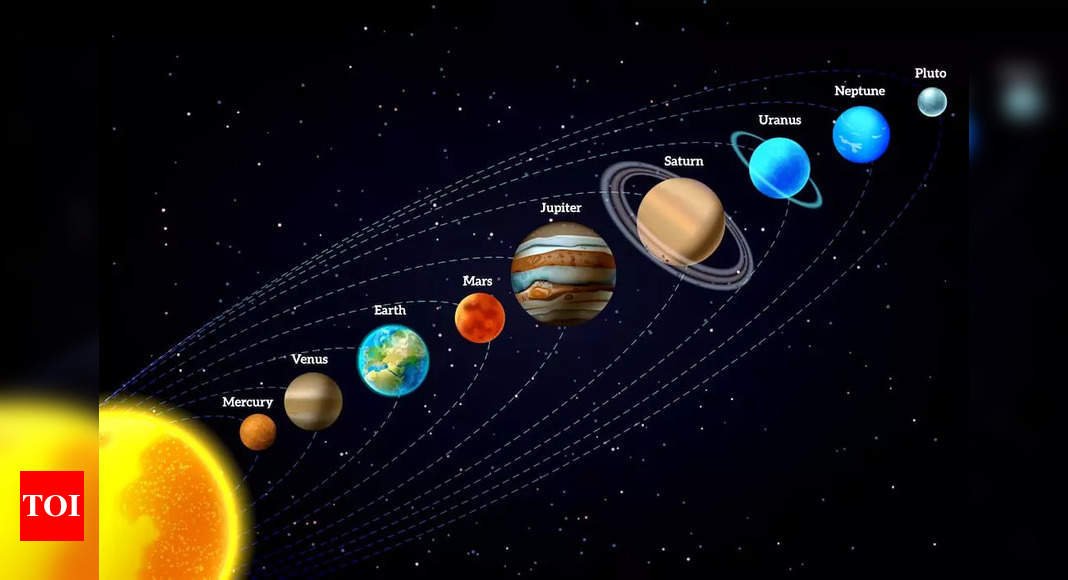The main principle of Chinese astrology is that everything in the world is interconnected, and changes and transformations occur along the universe’s cycle.This characteristic is shown in the twelve animal signs of the Chinese zodiac, each signifying a different quality and energy. According to Chinese astrology, each zodiac sign is associated with the times of day, month, and year responsible for the energy flow and the right time for different activities.
Yin and Yang energy flow
The Chinese time management principle, based on the yin and yang energy concept, is considered a key concept. These two contrary yet parallel movements of life can be observed in our daily rest and activity cycles, which they govern. Being aware of these energies is beneficial because we can organise our day by matching the activities with the proper energy flow.
For instance, early morning hours, normally between 3 AM and 7 AM, are referred to as “yang” periods with increasing energy and liveliness. This is a great period for physical activities, tasks that require high mental capabilities, or creative activities that need a lot of energy and focus. Tapping into this yang energy will help you make the most of your time and enable you to achieve more in a shorter period.
On the other hand, the “yin” energy, which is more passive and beneficial for relaxation and contemplation, occurs between 3 and 7 PM in the late afternoon and evening hours. This is when engaging in restful, rejuvenating activities, such as meditation, reading, or quality time with family and friends, can be helpful. Respecting the yin flow of nature can prevent burnout and help to keep a balance between work and life.
Five Elements and Energy Flow
Beyond yin and yang, Chinese astrology also recognises the influence of the five elements: wood, fire, earth, metal, and water. Every element has its own links to certain attributes, seasons, and times of day. Being familiar with these relations enables one to improve time management practices even more.
Likewise, the wood element symbolises growth, the new beginning, and spring. Suppose your zodiac sign is related to wood. In that case, you may be most productive and motivated at the beginning of the day, making it a great time to start tasks or tackle important responsibilities.
Just as the fire element symbolises passion, excitement, and summer, so does it bring this meaning to life. People with fire signs may be in their most productive and creative mode during the later morning and early afternoon, for example, brainstorming or creative pursuits.
According to the zodiac sign and the five element energies and cycles, one can design a daily routine that will help improve productivity and achieve a higher level of harmony and life balance.
Qi – The vital life force
Besides the astrological principles mentioned above, qi is another feature of Chinese time management. Qi consists of the vital life energy circulating through all living beings and the universe. Based on Chinese philosophy, when qi balances and flows harmoniously, we can experience calmness, clear minds, and focus, significantly improving our productivity and time management skills.
Chinese astrology advises meditation, breathwork, and mindfulness to attain balanced qi. These practices can be incorporated into one’s daily routines. These activities help one become more grounded, centred, and in harmony with the universe’s natural cycles. Thus, we can approach our tasks with a clear mind.
A great technique for using Chinese astrology and time management principles is creating a “qi map” – finding out which activities are the most suitable and the best times to perform them according to one’s zodiac sign and the present energy flow. A personalised qi map charts the day and places tasks into natural cycles and energies. The day is planned so that each task is done at the most favourable time for maximum productivity and efficiency.
For example, a person born in the year of the Rat will usually be at their peak productivity and focus in the early morning and late evening. Your qi map may recommend that you go for meetings, creative projects or mentally demanding tasks during the high-energy periods and set the routine tasks or admin work to the time of the mid-afternoon energy dip.
The qi map is not only a tool for planning time but also for achieving life harmony and balance. Aligning movements with the natural flow of energy will help reduce friction, thus allowing tasks to be carried out with more ease and harmony.
Take, for instance, the case where you are sluggish and unmotivated to work out your mental muscles, and at the same time, your qi map shows that you need to take on a mentally demanding task. In such a scenario, postponing that activity for something refreshing like light exercise or meditation may be wise. Keeping an eye on the signals from the body and being flexible and reactive to them improves productivity and, at the same time, maintains balance and well-being.
The practical application of “batching” is another example where the tasks are grouped together during the most convenient energy periods. Suppose you are a Dragon sign, which is known to be an entrepreneurial and leadership type of person. In that case, you may find that when you schedule all administrative and organisational tasks in the morning, you will be more productive and focused when your energy is at its highest.
Achieving time mastery through Chinese astrology is a process of individual self-discovery and self-development that lasts a lifetime. As the terrain of life is in flux, our Astro-profiles and power flows might become different. Thus, the strategy may need to be constantly adjusted and perfected.




